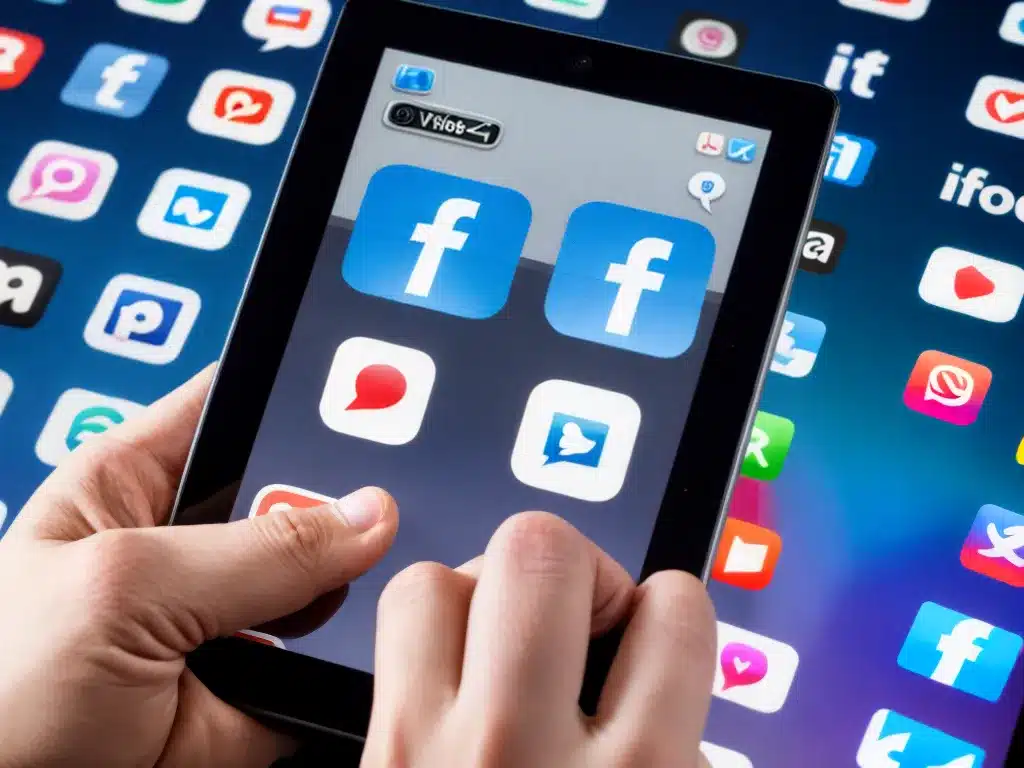
Social media is an integral part of life for many people. However, sharing information online also comes with risks to your privacy. Here are some tips to help you take control of your privacy on social media in 2024:
Be selective about what you share
Think carefully before posting personal information like your address, phone number, birthdate, or details about your schedule and daily routine. I recommend avoiding oversharing these details as they can be used by bad actors for identity theft or to target you with scams.
I suggest also being cautious about sharing political views, religious beliefs, and other potentially controversial opinions. The more private information is out there, the more vulnerable you are to being targeted, judged, or discriminated against.
Tighten your privacy settings
Review all of your social media privacy settings and make use of any available options to increase privacy and security. Here are some key settings to check:
- Limit your posts to just friends or certain groups rather than making everything public.
- Turn off location tagging and auto check-ins to avoid strangers knowing where you are.
- Disable options for search engines to index your profile.
- Block strangers from messaging you or restrict messages to friends only.
Adjusting these settings prevents random people from accessing your info and photos.
Be wary of third-party apps
Think twice before connecting third-party apps and services to your social media accounts. When you allow an app access to your profile and data for features like quizzes and horoscopes, you are granting it broad permissions to harvest your information.
I recommend avoiding unnecessary apps and being selective about which ones you do connect. Review the access permissions closely first. And revoke app access if you no longer use it.
Use strong passwords
Having weak passwords on your social media accounts makes you vulnerable to hacking. Here are some tips for creating strong passwords:
- Use 12-14 characters including upper and lower case letters, numbers, and symbols.
- Avoid personal info like your name, birthday, or dictionary words.
- Never reuse passwords across different accounts.
- Use a password manager to generate and store unique passwords.
I also suggest turning on two-factor authentication wherever available. This adds an extra layer of security beyond just a password.
Be careful what you click on
Links and files sent via social media can contain malware or direct you to phishing sites. I advise being cautious about clicking on anything that seems suspicious or too good to be true.
Some red flags include:
- Misspelled URLs
- URLs that don’t match the link text
- Links from strangers
- Unexpected file attachments
When in doubt, do not click and delete the message.
Monitor your online presence
Conduct periodic searches for your name and username to see what information comes up on public profiles. Use Google Alerts to monitor new mentions of yourself online.
This allows you to catch privacy risks like personal details made public or unauthorized use of your photos. You can then request content removal or report impersonation accounts.
Limit use of facial recognition
Facial recognition features on social platforms like tagging suggestions can erode privacy. I recommend turning off facial recognition if possible and avoiding tagging people in photos without permission.
Also be cautious of apps that use facial recognition for features like aging filters. This gives companies faceprint data which can be used for surveillance.
By following these tips, you can enjoy social media while also retaining control over your personal information and privacy. Just be thoughtful about what you share, limit visibility, use strong security, and stay vigilant.












